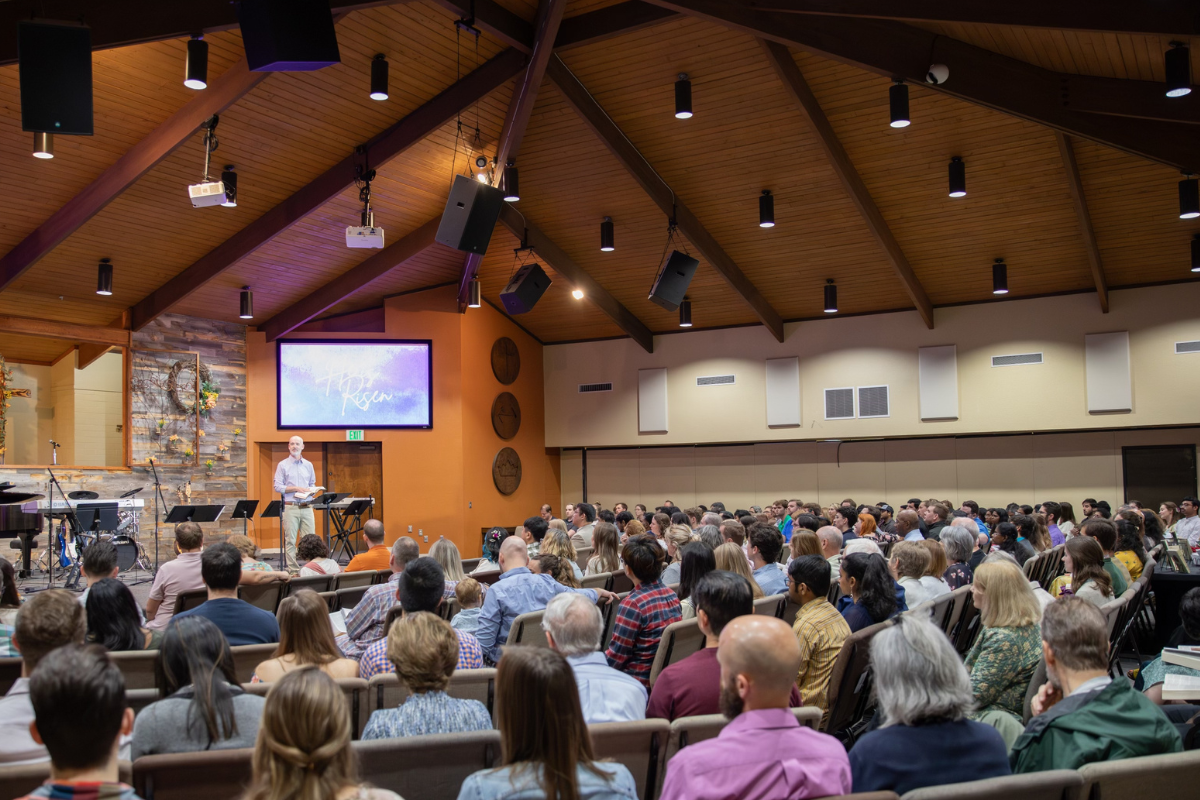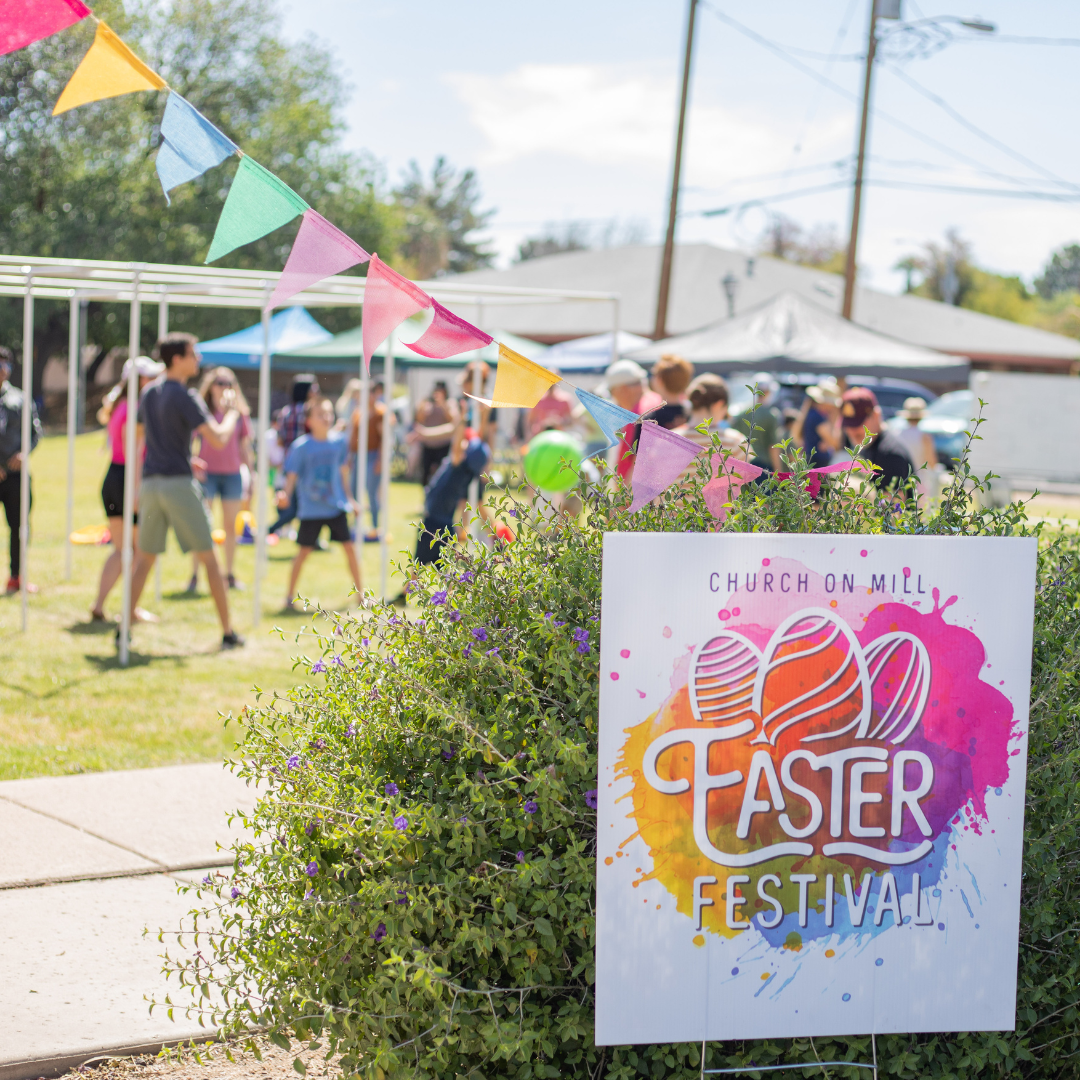Imagine a basketball player being drafted into the NBA. He is picked by a team, goes through the ceremony, receives his jersey and hat with the team logo, but at the end of the day decides that, while he’d still like to retain his identity as a professional basketball player in the NBA, he’d rather do so without being on any team. He’d like to go it on his own. What would such a solo NBA player be able to do? He might be very talented—able to hit three’s at a high percentage, slam dunk from the free-throw line, or dribble three balls at once. But for all this, without a team he will never rack up an assist count, be pushed by his teammates to greater achievements, or compete for a championship title. In fact, if he cannot identify an NBA team as his own, then he will have a very hard time persuading me that he is even an NBA player.
It is very common today for Christians to take a similar stance towards the local church. They have been born again, drafted into the body of Christ—into the church—and yet would prefer to carry on their faith privately. They forget that Christians, by their very nature and calling, have been placed onto a team with other Christians. Here are four crucial things that Christians forgo when they forgo a team.
1) Christians forgo accountability. An NBA athlete desperately needs his teammates to push him in practice, to make sure he’s there on time and giving his all in the mundane drills and exercises. He needs them to hold him accountable when his personal life decisions are going to affect his ability to play well. Christians also need this sort of watchful, loving care and encouragement. Hebrews 10:24-25 tell us to “consider how to stir up one another to love and good works, not neglecting to meet together, as is the habit of some, but encouraging one another, and all the more as you see the Day drawing near.”
2) Christians forgo gospel preaching. Players need to hear their coach articulate what they are working toward, and how they should work toward it. Christians need faithful leaders who will preach the word—What Christ has called them to (Christ-likeness), how he has made that calling possible (Christ’s life, death, and resurrection), and how he enables them to walk in that calling (abiding in Christ). It is possible for an individual Christian to read sermons, or to watch them on the internet, but this cannot replace elders in the flesh and blood, who know you and your personal circumstances, and can bring the gospel to bear in your specific context.
3) Christians forgo gospel reminders. It is in the body of Christ, the church, that baptisms and the Lord’s Supper are administered. Paul tells the Corinthians that they have been “baptized into one body” (1 Cor 12:13). When we watch someone baptized into the local church, we are reminded that Christ has raised this person to new life with Christ in his body. Paul tells the same group of believers that, “Because there is one bread, we who are many are one body, for we all partake of the one bread” (1 Cor 10:17). When we take the Lord’s Supper, we are reminded that Christ gave up his own body in order that we who are Christians might become one body. Baptism and the Lord’s Supper are community affairs that point us to the gospel.
4) Christians forgo their witness. Jesus told his followers that the world would know they are his by their love for one another (John 13:35). Paul told the Ephesians that they displayed God’s wisdom by their unity (Eph 3:10). But how do we display love and unity apart from the local church? We need a community of believers to show the world that Christ transforms relationships. This is our witness, and one that is impossible to possess as an individual. Yes, Christ calls us individually, but he calls us individually into community, into the local church, a blessing we cannot afford to forgo!
Phil Hoshiwara, LATN Resident






